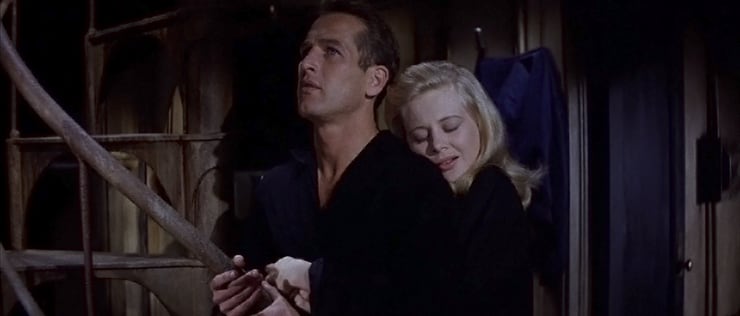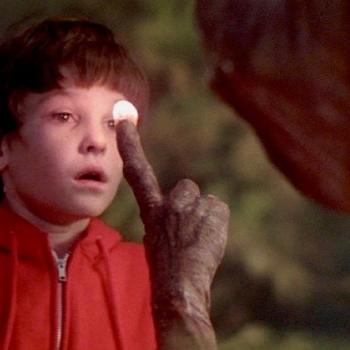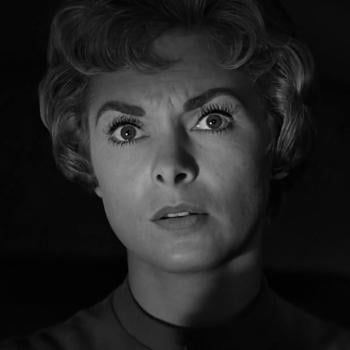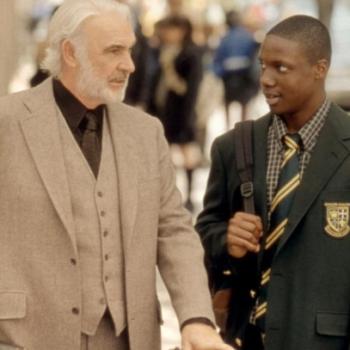
Today our attention turns to one of Paul Newman’s most underrated works, Richard Brooks’ 1962 adaptation of Tennesse William’s play, Sweet Bird of Youth.
The movie sees Newman as Chance Wayne, a hopeful star on the rising who is chasing two things: the love of his life, Heavenly Finley, and a mass of wealth to support her, which is exactly what he thinks awaits him in Hollywood. Chance does not realize that he was sent on this errant fool’s quest by Heavenly’s father, political titan, Tom “Boss” Finley with the express purpose of keeping him away from her.
By the time we meet Chance, he has anchored himself as a gigolo to a forgotten movie star, Alexandra Del Lago, certain that their relationship will finally rocket him to fame and acclaim. The Chance we see in those first minutes of the film is Chance at his most assured. He’s finally bought his ticket.
Of course, there are developments that complicate things, such as when Alexandra gets her link back to fame and doesn’t feel like taking Chance with her. Or when Boss Finley starts threatening physical violence against Chance if he comes near his daughter. Being “worthy” of Heavenly was never as straightforward as winning the lottery, and as Chance finds out, in chasing the perfect life for him and his sweetheart, he may have paid with something he can’t get back.

Something to know about this movie is that it is just a network of toxic relationships.
We see Heavenly under the domain of her powerful and corrupt father who presents her up as a delicate figurine of purity as a political marketing ploy, a distraction from his own philanderings and other such misdeeds. Her station leaves her isolated and repressed.
Alexandra has a toxic relationship with her audience, who will adore her for a season but never forgive her for growing old. In the absence of the spotlight and the applause, Alexandra fills the void with drugs and alcohol.
Meanwhile, Chance and Alexandra have a mutually destructive arrangement with each other. They are both dependent on one another for something they cannot possibly give. Chance grafts himself to Alexandra hoping that she will further his acting career. Meanwhile, Alexandra keeps Chance undertow because he feeds her fantasy of being desirable to a young audience.

What’s most ironic, and clearly on display for the audience, is that the one healthy relationship here–the thing we are rooting for–is of course the romance that is constantly teased and just out of reach: the love between Chance and Heavenly. Their few scenes together, most of them consigned to flashback, paint a picture of two people genuinely in love. They could make each other truly happy, if only Chance would just cut his losses, give up on Hollywood, and just marry the girl so they could start their happily ever after already.
Now, it’s not like Chance’s wanderings were unrighteous or self-serving. He was not meaning to squander the time he could have had with Heavenly. He was trying to provide a living for her. Really, Chance just fell for a very commonly circulated lie, that a person’s true value is tied directly to their achievements as defined by worldly wealth and fame. He gave away all those years he could have had with Heavenly thinking it would all be nothing without an empire to serve the woman he loved.
The spiteful Boss Finley is able to deflect Chance onto this dead end by subtly attacking Chance’s sense of worth. All he has to do is tell him that if Chance really loved his daughter, hadn’t he better strike gold before he dares to ask for her hand? Does he really think Heavenly would be happy with him as he is? This is, of course, a layered falsehood. Even if he and Heavenly weren’t madly in love, Chance sure isn’t doing her any favors letting her wither under her vile father’s hold. Neither is this secondhand dream of being a movie star a reliable means of supporting her. Heavenly puts it into proper terms when she tells Chance, “All that brass ring gets you is a free ride on a wooden horse that’s going nowhere except up and down and round and round.”
But the movie is still merciful to Chance and Heavenly. They have certainly lost something they can’t get back–time–but they are allowed to pick up the pieces. Once he’s lost everything else, Chance can see that what he had with Heavenly was beautiful and pure, and that’s enough.














